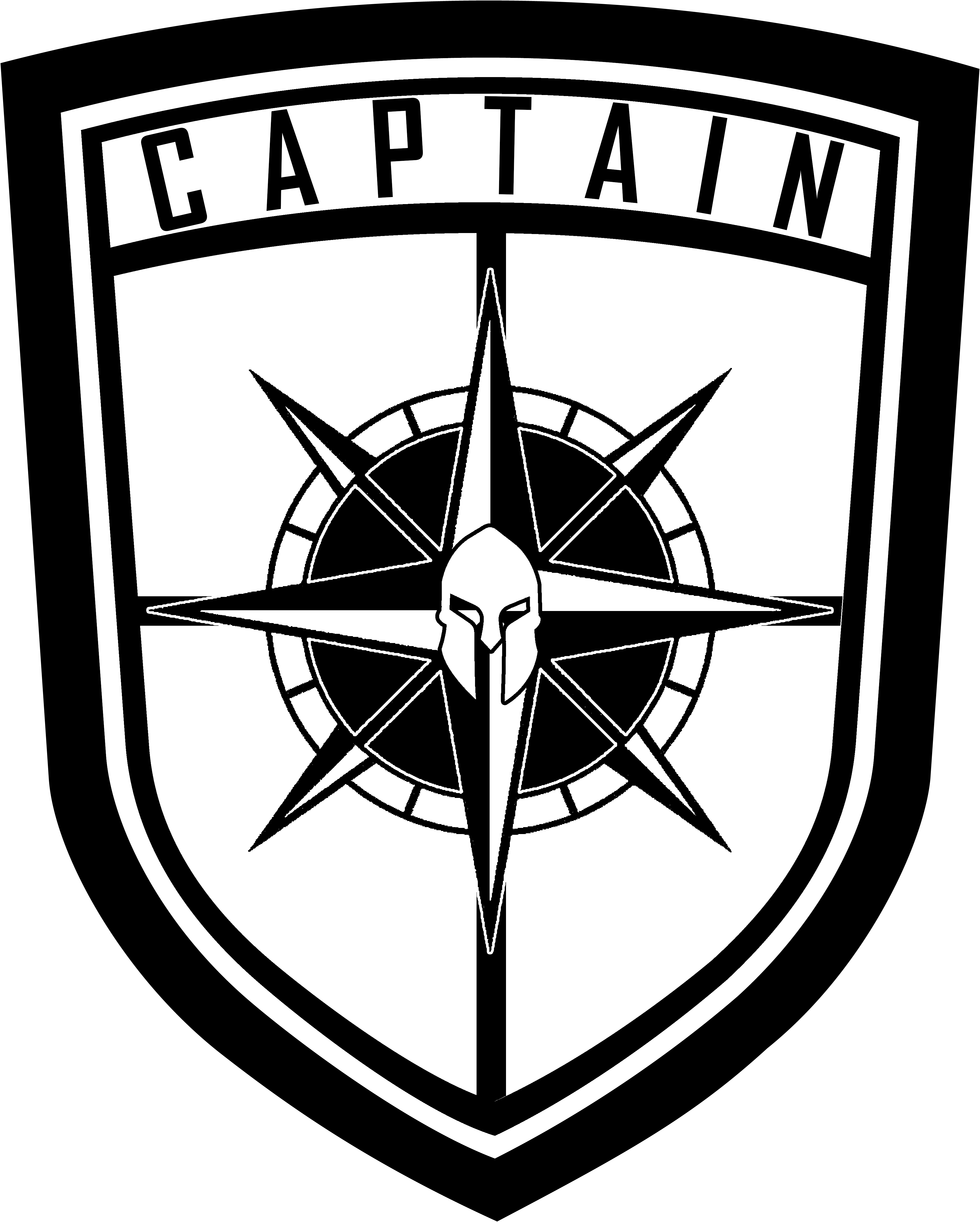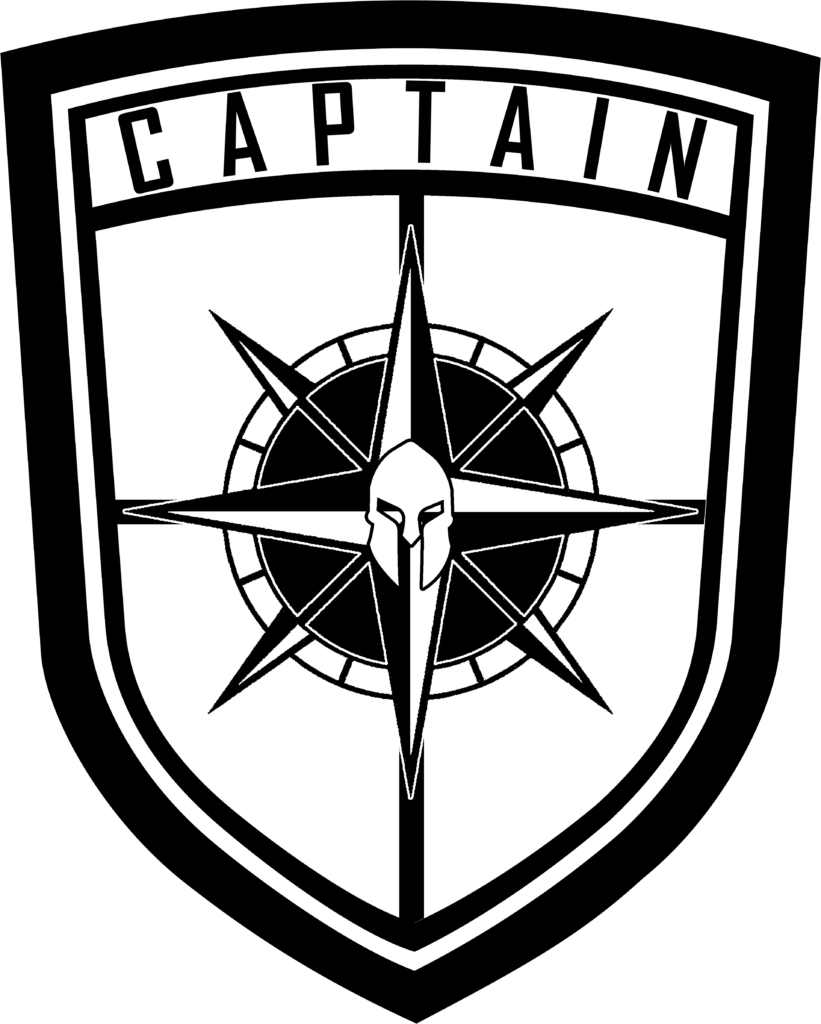Why You Shouldn’t Trust the Expert
Imagine you’re on a ship, navigating through fog so thick you can’t see the horizon. You’re handed a map—one drawn by an expert cartographer. Precise lines, meticulous details, years of experience poured into every inch.
And yet… the ocean doesn’t care about his expertise.
A map is a record of the past. It tells you where others have been. But it doesn’t tell you where you’re going.
The same is true of experts.
The Expert Knows Yesterday
Experts deal in proven models, in established patterns. Their advice is often built on what worked before. But the world moves. What was impossible yesterday is commonplace today. What was once revolutionary is now obvious.
The expert is the person who, with complete confidence, told you:
- No one will ever need a personal computer.
- Streaming will never replace cable.
- A four-minute mile? Impossible.
Or worse, the expert is the one who reassured you—right before the collapse.
In 2008, nearly every financial expert told the world the system was strong. Economists, bankers, and analysts, armed with their MBAs and models, believed they had tamed risk. Then the housing market imploded, taking the global economy with it. The same people who claimed certainty had built a house of cards.
Experts are rarely foolish. They are often right—until they aren’t. Because they base their wisdom on a past that no longer exists.
The Expert Fears Uncertainty
There’s a reason experts hesitate when new ideas emerge. They’ve built their reputation on knowing. And knowing means control. But true innovation—the kind that reshapes industries and rewires our thinking—always starts in uncertainty.
If you want to do something new, the expert is often the last person you should listen to.
Why? Because they’ll give you the safest, most rational, least disruptive answer. The one that preserves their expertise rather than challenges it.
And yet, every breakthrough comes from someone who ignored the expert.
Be the Captain, Not the Passenger
The best leaders don’t blindly trust experts. They use expertise as a tool, not a compass. They gather insight, but they make their own decisions.
- If Columbus had trusted the experts, he’d never have set sail.
- If the Wright brothers had trusted the experts, we’d still be on the ground.
- If Steve Jobs had trusted the experts, you wouldn’t be reading this on your phone.
The map is useful. But the map is not the territory.
Trust the wind. Trust your instincts. Trust the reality in front of you, not just the wisdom of the past. Because the future?
The future belongs to those who sail beyond the map.

